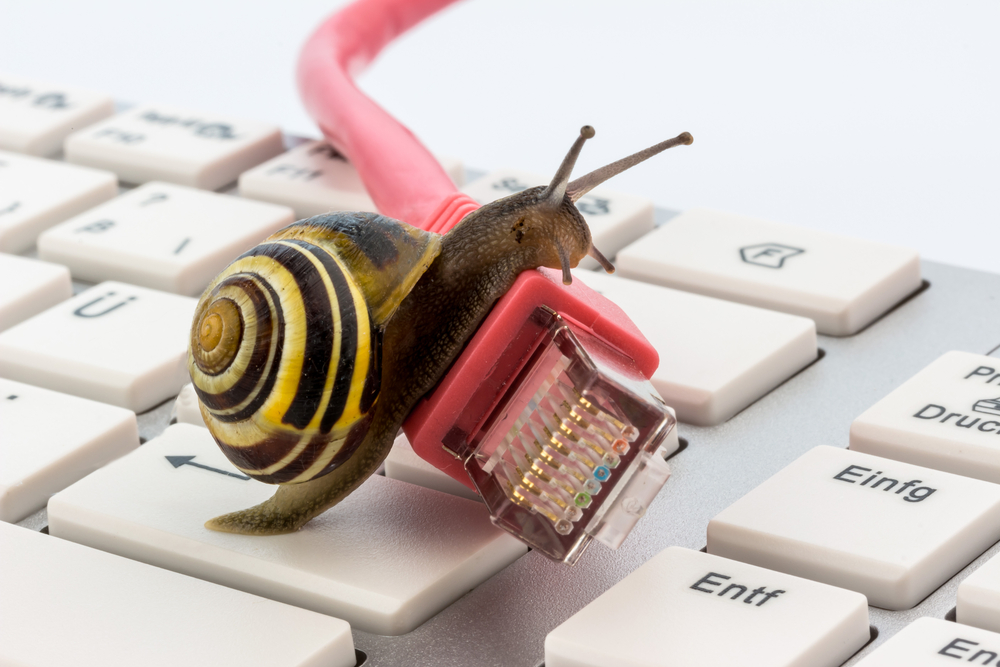Breaking
FCC examining reasons for internet traffic jams
SAN FRANCISCO — The Federal Communications Commission is setting out to unravel the mystery behind the Internet traffic jams bogging down the delivery of Netflix videos and other online content.
The inquiry announced Friday by FCC Chairman Tom Wheeler will dissect the routes that video and other data travel to reach Internet service providers such as Comcast and Verizon.
This crucial handoff of content has gained more attention in recent months as Netflix Inc. and other critics have accused the two Internet service providers of deliberately slowing incoming traffic from websites unwilling to pay for a less congested entry point.
Comcast and Verizon contend Netflix should bear some of the cost for handling the heavy traffic caused by its 36 million U.S subscribers watching video over high-speed Internet connections. At peak viewing hours, Netflix accounts for about one-third of the Internet traffic in the U.S., according to the research firm Sandvine.
The picture quality of Netflix video, though, has been increasingly erratic during the past year at several major Internet service providers, including Comcast and Verizon, which have a combined 30 million subscribers in the U.S. While Netflix has been streaming more smoothly at Comcast since those two companies forged their partnership in February, some problems have still been occurring on Verizon’s network.
Netflix CEO Reed Hastings has continued sniping at both Comcast Corp. and Verizon Communications, arguing they should be able to afford to deliver whatever online content that their subscribers want, given that their customers pay $50 to $80 per month for their Internet service. Netflix charges $8 to $12 per month for its Internet video service.
With the FCC inquiry, Wheeler hopes to get a better understanding of how Netflix and other websites are reaching the Internet service providers through interconnection, or “peering,” arrangements.
“The bottom line is that consumers need to understand what is occurring when the Internet service they’ve paid for does not adequately deliver the content they desire, especially content they’ve also paid for,” Wheeler said in a statement.
In the process, the FCC also could shed more light on whether Netflix is saving money in its peering deals with Comcast and Verizon. Although the terms of the partnerships haven’t been disclosed, both Comcast and Verizon have suggested Netflix is paying them less for a direct connection to their network than what it previously cost Netflix to deliver video through other intermediaries.
In a rare show of unanimity, Netflix and Comcast both said they welcomed the FCC’s inquiry in the interests of greater transparency. Verizon reaffirmed its support for the status quo and pointed out that “Internet traffic exchange has always been handled through commercial agreements.”
The tensions over peering arrangements is part of a much larger debate over Internet neutrality, the concept that all online traffic should be treated equally so service providers can’t set up a system that gives special preference to their own content or websites willing to pay for privileged access.
The FCC’s previous guidelines for so-called net neutrality were scrapped by a federal appeals court in January, requiring Wheeler to draw up new rules. Wheeler’s initial blueprint for net neutrality raised fears that he was going to empower Internet service providers to charge for toll roads, a fear that Wheeler has sought to quell in his public statements.
Peering deals haven’t been considered to be part of net neutrality, but Hastings is pushing for interconnection to become part of the equation.
Hastings’ critics believe he is seizing an opportune time to publicly skewer Internet service providers in an attempt to eliminate all peering fees and boost Netflix’s earnings. He has been escalating his attacks while Comcast has been trying to win government approval of its politically sensitive $45 billion acquisition of Time Warner Cable, another major Internet service provider. Hastings is urging regulators to reject that deal on the grounds that it might make it even easier for Comcast to impose Internet tolls on content providers.
Former FCC Commissioner Michael Powell, now president of National Cable & Telecommunications Association, blasted Netflix and other unnamed Internet companies for trying to “move the goal posts” to suit their own interests. “They want to protect their profits by ensuring that the disproportionate impact caused by delivering traffic to their customers is spread across all broadband subscribers and not just those who actually use the service,” Powell wrote in a blog post earlier this week.






















